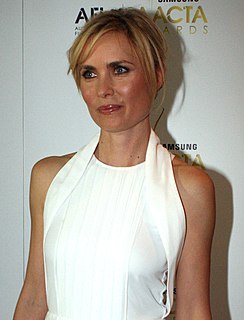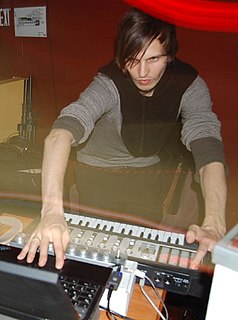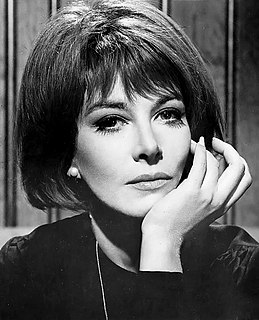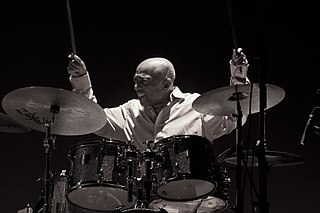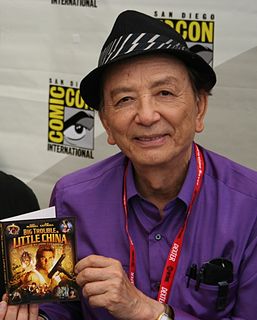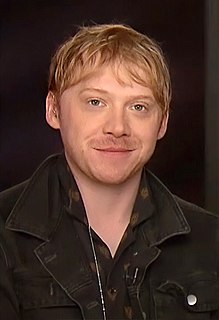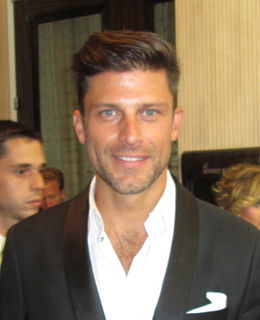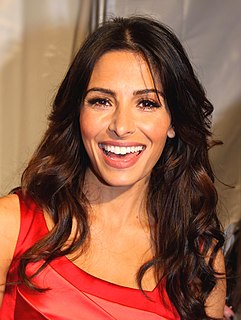A Quote by Radha Mitchell
I think part of that is to create an environment where it's like real life, where you don't really know what's going to happen to you in a certain scene.
Related Quotes
I'm not attached to a certain scene. There was certain music - and techno was a part of it - that really formulated something for me, that really was a direct connection to what I experienced in my life. Going to parties and listening to techno at home helped form my musical identity. And that changed throughout my life.
One of the things that really impressed me about Anna Karenina when I first read it was how Tolstoy sets you up to expect certain things to happen - and they don't. Everything is set up for you to think Anna is going to die in childbirth. She dreams it's going to happen, the doctor, Vronsky and Karenin think it's going to happen, and it's what should happen to an adulteress by the rules of a nineteenth-century novel. But then it doesn't happen. It's so fascinating to be left in that space, in a kind of free fall, where you have no idea what's going to happen.
Whether it's one scene or 15 scenes in a film, whether it's the lead or a cameo part, if I don't find it interesting, I tend not to do it. You never really know what it is. It could be a one-scene part. I remember I read the one scene in Crash and was asked to do it. I was like, "Absolutely!" There's no formula for how something has to be. I always try to keep it that way.
I don't know where the characters are going to go or what's going to happen. I know that something inevitable will happen. I know that they want certain things and they're in a certain room and they smell like this and they look like that. More often than not, an entropy creeps in that strangles me, and then the inevitable happens. I don't know if I have the ability to write an ending like My Fair Lady's, when everyone gets what they want after a few minor conflicts. If I tried to write that it would just be false. Or I'd have someone enter with a machine gun.
Alejandro Amenabar is a different kind of director than I lot of the directors I've asked for. He really asks you to enter his dream as opposed to, you know, a guy like Sidney Lumet or something is going to ask you to create a character almost like a documentary. He wants you to make the people really real and he's going to capture it like a documentarian.
I should say we know that there are many, many other Earths out there. We're almost certain that there will be upwards of a billion Earth-like planets in our galaxy alone, so there is no lack of real estate where life might happen, but what we don't know is how likely it is given the real estate, given a wonderful pristine planet like Earth how likely is it that life will pop up inhabited? We don't know the answer to that.
